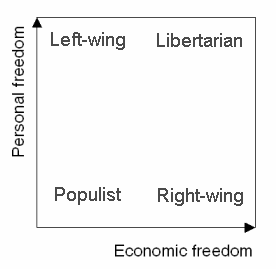Say It, Jason Epstein

Jason Epstein thought of Amazon before Jeff Bezos. Or at least, he understood the concept: the necessity, and power, of making the world’s backlist available at all times. Epstein’s uniquely revolutionary presence in publishing belies the bias that editors are English majors who don’t read the Journal. The New York Review of Books’s 11 March edition has Epstein’s thoughts on the industry’s future, the “fragility” of digitization, and the enduring individuality of literary creation.
Epstein speaks of what “will” happen, and his past predictive talents make the lure of taking his word for it (extremely) strong. Here is what he sees happening now:
The transition within the book publishing industry from physical inventory stored in a warehouse and trucked to retailers to digital files stored in cyberspace and delivered almost anywhere on earth as quickly and cheaply as e-mail is now underway and irreversible. This historic shift will radically transform worldwide book publishing, the cultures it affects and on which it depends. Meanwhile, for quite different reasons, the genteel book business that I joined more than a half-century ago is already on edge, suffering from a gambler’s unbreakable addiction to risky, seasonal best sellers, many of which don’t recoup their costs, and the simultaneous deterioration of backlist, the vital annuity on which book publishers had in better days relied for year-to-year stability through bad times and good. The crisis of confidence reflects these intersecting shocks, an overspecialized marketplace dominated by high-risk ephemera and a technological shift orders of magnitude greater than the momentous evolution from monkish scriptoria to movable type launched in Gutenberg’s German city of Mainz six centuries ago.
Here is what we might consider scary:
The most radical of these fantasies posits that the contents of the digital cloud will merge or be merged—will “mash up”—to form a single, communal, autonomous intelligence, an all-encompassing, single book or collective brain that reproduces electronically on a universal scale the synergies that occur spontaneously within individual minds. To scorn a bold new hypothesis—the roundness of the earth, its rotation around the sun—is always a risk but here the risk is minimal. The nihilism—the casual contempt for texts—implicit in this ugly fantasy is nevertheless disturbing as evidence of cultural impoverishment,[3] more offensive than but not unrelated to the assumption of e-book maximalists that authors who spend months and years at their desks will not demand physical copies as evidence of their labors and hope for posterity.
And yet, in some respects, the more things change . . .
The difficult, solitary work of literary creation, however, demands rare individual talent and in fiction is almost never collaborative. Social networking may expose readers to this or that book but violates the solitude required to create artificial worlds with real people in them. Until it is ready to be shown to a trusted friend or editor, a writer’s work in progress is intensely private. Dickens and Melville wrote in solitude on paper with pens; except for their use of typewriters and computers so have the hundreds of authors I have worked with over many years.
As Epstein puts it, “new technologies, however, do not await permission.” It is unclear how publishers will accommodate this lack of politesse, but one thing seems certain: the role of editors who anticipate these shifts is more important than ever before.





